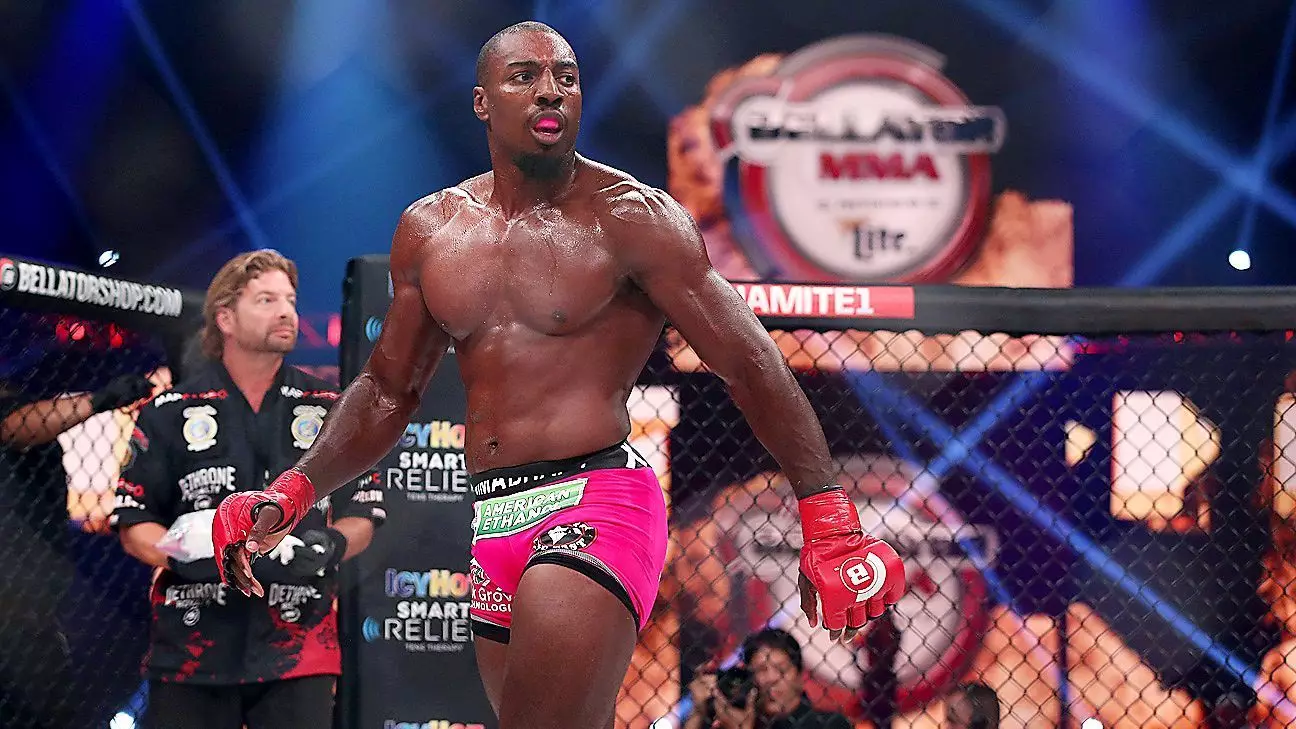In a notable move within the mixed martial arts (MMA) industry, veteran fighter Phil Davis has brought forth yet another antitrust lawsuit against the UFC. Filed in the U.S. District Court of Nevada, this latest case draws attention to a pressing issue: the UFC’s alleged monopolistic practices that stifle competition and limit opportunities for fighters. This is not just a routine legal skirmish; it is a declaration of war against what many perceive as the UFC’s unfair marketplace. By stifling the chances for rival promotions to attract top-tier talent, the UFC may be undermining not only the careers of fighters under its umbrella but also those striving for success in smaller, rival promotions.
The Context of the Lawsuit
Davis’s lawsuit is backed by Berger Montague, a law firm already well-acquainted with the UFC due to their successful litigation in a previous antitrust lawsuit that resulted in a staggering $375 million settlement for fighters. This established legal precedent intensifies the seriousness of the current suit, especially as the UFC finds itself embroiled in various other antitrust cases. What makes this legal challenge particularly compelling is the argument that even fighters not signed to the UFC are adversely affected by its dominant position in the market. This assertion extends the impact of the UFC’s practices far beyond its own roster, affecting the livelihoods of fighters across different promotions, thus amplifying the stakes involved.
A Fighter’s Perspective
At 40 years old, Phil Davis has an extensive history in professional MMA, having fought exclusively for the UFC from 2010 to 2015 before transitioning to Bellator MMA, where he competed until the organization’s roster was recently absorbed by the PFL. His personal journey adds a poignant layer to this lawsuit, illuminating the struggles faced by many fighters who have felt the squeeze of UFC’s marketing might. “I am proud to stand up for professional MMA fighters to unlock the UFC’s stranglehold on the entire sport,” Davis stated, emphasizing his commitment to replacing the status quo with a fairer model.
Significance of Contractual Changes
One of the critical aspects of Davis’s lawsuit is the aim to revolutionize contractual agreements within the MMA industry. The proposal to allow fighters to terminate contracts after a year without penalties challenges the traditional norms that often tie fighters to lengthy commitments, leaving them vulnerable to exploitation. As it stands, many contracts are structured to bind athletes to promoters for indeterminate periods, which Davis argues can lead to diminished bargaining power and financial exploitation.
The Broader Implications for MMA
Davis’s legal action against the UFC resonates with a broader movement within professional sports, where concerns about athlete welfare, fair wages, and competition rights are increasingly coming to the forefront. As MMA continues to evolve, the push for a more equitable system could lead to significant transformations. The fallout from this lawsuit could reshape the future landscape of MMA promotions, providing a clearer path for rival organizations and allowing fighters to secure their rights and livelihoods.
In an industry often overshadowed by the dominance of the UFC, Davis’s bold stand could be a pivotal moment in transforming the dynamics of competition for years to come. The coming months will be critical in determining the outcome of this legal battle and its larger ramifications on the sport of MMA.

